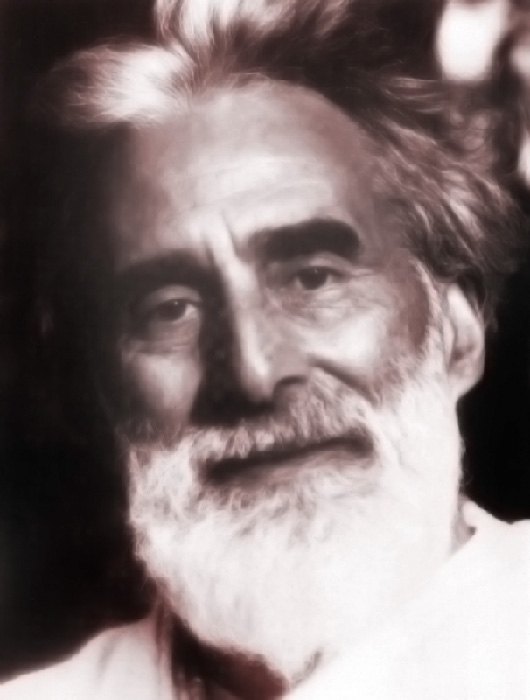
Stages in Growth
"People have different needs according to the different stages of their lives."
Pir Vilayat Inayat Khan
When we are counseling ourselves, and others, we should know where the person we are counseling is in his forward march through life. The Sufis recognize seven, perhaps more, stages, or stations, on the path.
Roughly speaking, in the first stage one is like a butterfly; one enjoys playing with the flowers. As Hazrat Inayat Khan said, a child is sometimes so excited by the sight of fire that he would like to put hot coals in his pocket.
The second stage is one of increasing maturity. One feels one must accomplish something, pull his life together, have a family and a car and so forth – do all the done things, affirm the personality, have some kind of dominance over situations, and achieve some kind of accomplishment and fulfillment.
In the third stage, one begins to wonder why on earth one should exist if only to be a dollar-making machine. At this point, there is a growing need to know and to understand.
In the fourth stage, there is a tendency to become somewhat burnt out. One becomes tired of all the sham, the selfishness and violence, and the dishonesty of people – the masquerade. One may also become very sensitive about people’s emotions and about one’s environment and the kind of music one likes to hear there is a need for something very pure and very real, a need for authenticity. That is when one feels like climbing the high mountains and living among the rocks and snow; one cannot even stand the lush flowers in the valley The need for utter simplicity may make one tend to shy away from people and from life and to be rather sensitive—to become like a deer that keeps escaping the city and going to the deep woods It is only a stage, ideally, one comes right back into life again.
Hazrat Inayat Khan describes the later stages as being those in which one can just play with the children of the world, and if they tear out one’s hair or kick or spit at one, it has no effect, because one has gone beyond all those things; if they kick and bite, maybe they just have to kick and bite. One bears no grudge against them. At that stage, we can say one has really made it.
People have different needs according to the different stages of their lives, and it is not difficult to understand that people who are in a rather flippant stage, who enjoy life just as it is and have not yet tasted of the suffering of humanity, are not aware of suffering and so can go on enjoying their dance until they come to grief—which, in fact, usually happens. But once a person has reached a certain stage of maturity, it is possible to get overwrought, overburdened, and overtaxed, and to have no idea of how to find peace anymore. We sometimes find that when people try to go on retreat they find it impossible to sit down quietly and meditate. They want to move—it goes counter to the grain for them to try to force themselves to sit quietly and to still the body and the mind. This is why I do not favor relaxation unless relaxation is compensated by awakening—by a very intense emotion or realization. There are some meditations that can be done in action. This is sometimes preferable, because it is not always wise to try to force people to go against the grain—and, in any case, some people simply cannot do it. If such a person is able to force his body to remain still, his mind may become more active and more restless than ever; and if he tries to force the mind to be still, then the mind is only gagged, and the emotions get into a turmoil. So we sometimes find that it takes three or four days or more for a person to adapt to the retreat state and to tone down his whole endocrine system. One method we use is to suggest that the retreatant walk in the forest and try to experience the life of the beings around him instead of closing himself up in his personal ivory tower. Gradually, he brings himself into harmony with all things, and then he can find peace in himself.
Note: This section is an excerpt from chapter on Creativity, in the book "Introducing Spirituality into Counseling and Therapy" by Pir Vilayat Inayat Khan. It is published by Omega Press and the ISBN number is 0-930872-30-4.